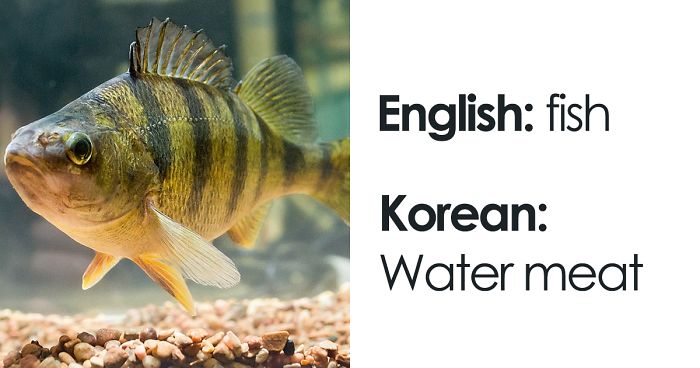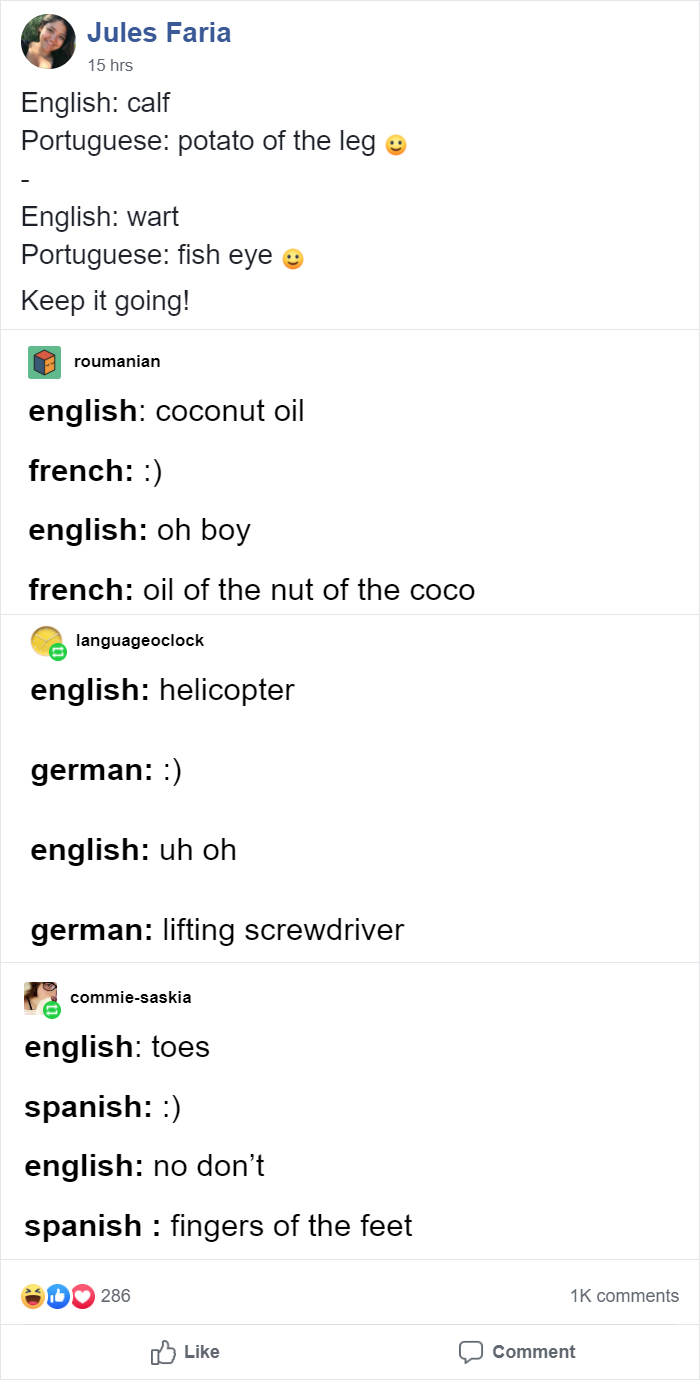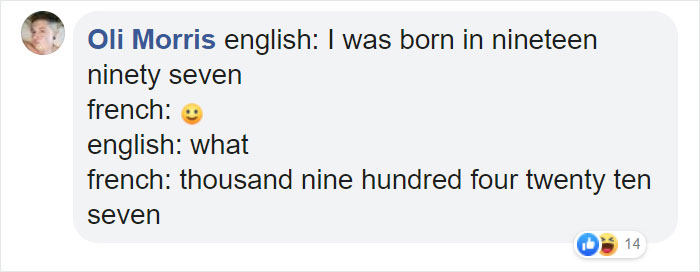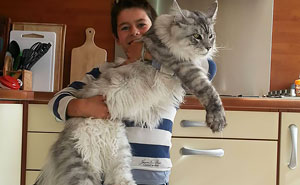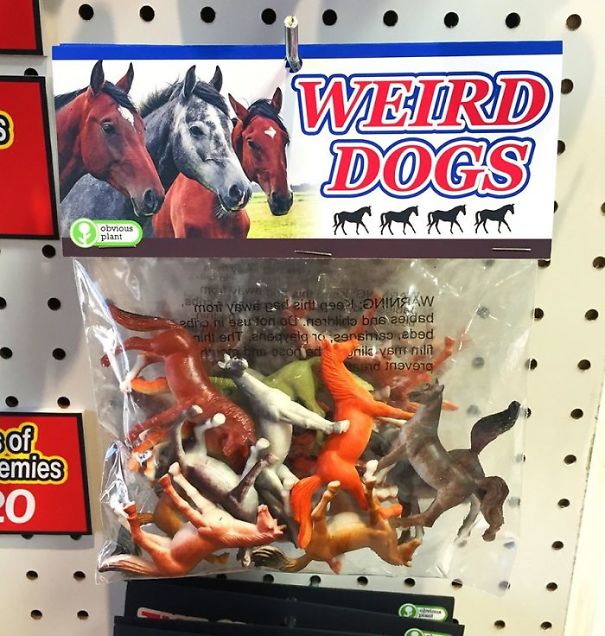Learning a new language is challenging. However, it's just as rewarding. I mean, having the ability to interact with someone who grew up in a a completely different environment? Juk tai nuostabu. And the lessons aren't just a painstaking grind. They're full of fun things as well. One of them is literal translations, the "word-for-word" translations that tend to drift away from the sense of the original word on sentence. One of the members of the Facebook group Monolinguals are the worst has urged others to share the funniest literal translations they know, and, believe me, they delivered. Scroll down to check out these linguistic gems and upvote your favorites!
This post may include affiliate links.
Interestingly, the United States is largely monolingual. In fact, only about 15-20 percent of Americans call themselves bilingual, compared to 56 percent of Europeans surveyed in 2006 by the European Commission.
According to Arabic professor Mahmoud Al-Batal, the inability to speak a foreign language makes it difficult for Americans to compete globally on a linguistic and cultural level. Others who criticized the United States’ monolingual nature have highlighted problems in university-level language courses that result in students failing to reach higher levels of proficiency in a foreign language.
The term 'whisky' derives originally from the Gaelic 'uisge beatha', or 'usquebaugh', meaning 'water of life'. Gaelic is the branch of Celtic spoken in the Highlands of Scotland.
Same in Dutch (sinaasappel or appelsien) and from Dutch (as far as I know) it was borrowed into many languages, including Russian.
I've never in my Hispanic life heard someone showering with an artichoke.. this is maybe from a very specific country or region, and not part of the common Spanish language, I think.
Note: this post originally had 100 images. It’s been shortened to the top 30 images based on user votes.
Tibetan has its share. Motorcycles are "magic horses" or "machine horses" (eastern dialect). Computers are also electric brains, or even more literally lightning brains. Turtles are bony frogs. Gloves are hand covers, socks are foot covers and condoms are penis covers. Libraries are book treasury houses. Hospitals are medicine houses. Planes are air-boats, and elephants are literally bix oxen.
Missing some italian pearls, like English : "what's your name?" - italian : "how you call you ?" - English : "How old are you ?" - Italian : "how many hears you have ?" :D oh and "how are you doing" becomes "how goes" in italian 😂
Tibetan has its share. Motorcycles are "magic horses" or "machine horses" (eastern dialect). Computers are also electric brains, or even more literally lightning brains. Turtles are bony frogs. Gloves are hand covers, socks are foot covers and condoms are penis covers. Libraries are book treasury houses. Hospitals are medicine houses. Planes are air-boats, and elephants are literally bix oxen.
Missing some italian pearls, like English : "what's your name?" - italian : "how you call you ?" - English : "How old are you ?" - Italian : "how many hears you have ?" :D oh and "how are you doing" becomes "how goes" in italian 😂
